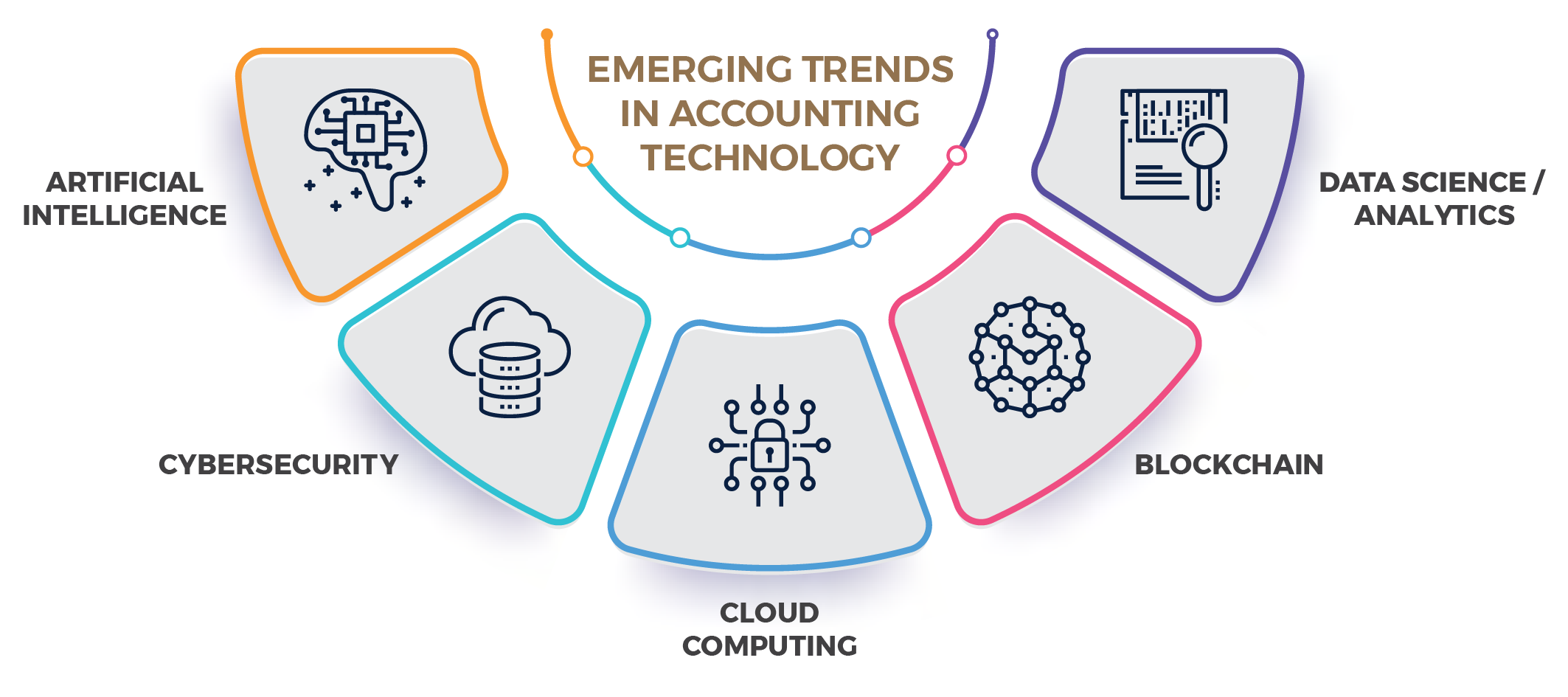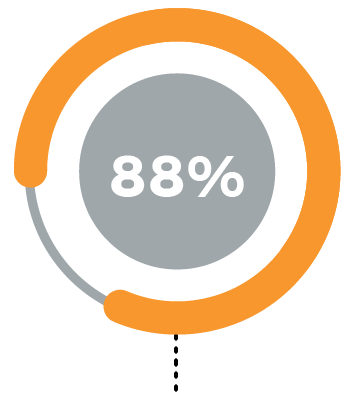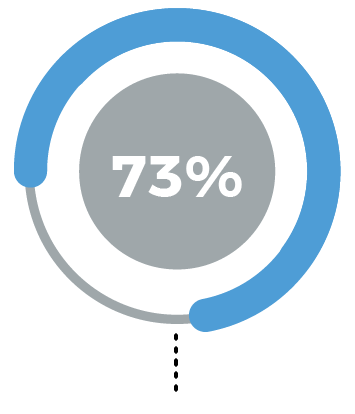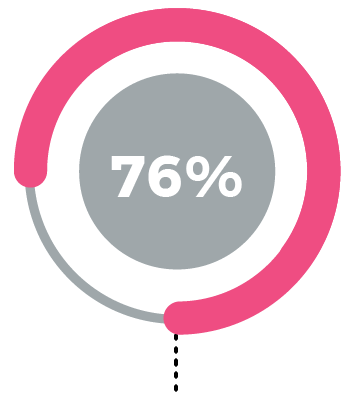
What is AccTech?
As the business landscape continue to shift, the accounting profession too must be able to adapt. Accounting technology is revolutionising the field by replacing paper-driven processes with efficient cloud-based solutions, allowing for 24/7 access and greater flexibility.
Today, firms are using accounting technology and cloud-based platforms for automation, sophisticated diagnostics, and predictive analysis, resulting in improved client service and more effective utilisation of knowledge.
Our university’s modules in accounting technology are designed to equip our students with the skills and knowledge to excel in today’s fastpaced business environment, positioning them at the forefront of the industry with access to many benefits of accounting technology.
|
International Federation of Accountants (IFAC) President Rachel Grimes believes the application of technology allows accountants to focus on the more “interesting” parts of the job, as technology would assist with the more mundane tasks.
“I think the saying that accountants are not going to be around in the next few years because of technology is rubbish. In fact, I think technology has made the profession more exciting as it has helped remove some of the more repetitive tasks.
“For example, the application of robotics in terms of software for the accounts payable function when it comes to tasks like invoice matching, this relieves the workload for the accountant, who can then concentrate on more value-added tasks such as working with vendors on improving the payables process.”
Malaysian Institute of Accountants’ (MIA) inaugural AccTech Conference,
International Federation of Accountants (IFAC) - President Rachel Grimes

Technology Trends
Their Impact On The Global Accountancy Profession
According to a global survey conducted by Oxford Economics and SAP, 88% of finance executives reported that CFOs in their organisations are becoming more involved in strategic decision-making outside of finance, and 73% of survey respondents agreed that automation is improving the finance function’s efficiency within their organisation. This suggests that organisations are increasingly recognising the importance of utilising technology to improve the efficiency of accounting practices.

A majority of 88% of participants surveyed stated that CFOs are increasingly taking part in strategic decision-making beyond finance.

Automation to drive efficiency is an increasingly critical area for CFOs, with 73% of survey respondents reporting improved efficiency within their organisations.

Cybercrime is a top business risk for finance leaders, with 68% naming it as such in the survey and 76% for the banking industry specifically.
Technology Trends
Unlock Your Potential With Accounting Technology
Our university’s Bachelor of Accounting and Finance (Honours) programme with a specialism in Accounting Technology is designed to give students a competitive edge in the industry by equipping them with the latest trends and technologies in accounting such as AI, blockchain, cloud computing, cybersecurity and data analytics.
Our programme not only covers basic concepts and theories, but also gives handson experience with tools such as R-programming, Tableau, Power BI, Blockchain Accounting and Robotic Process Automation (RPA). With our emphasis on technology and industry-ready resources, our graduates will be well-prepared to thrive in the field of accounting.
|
|
“Technology will go on to helping to burnish the profession’s credentials as trusted adviser…. continue to adopt and implement emerging technologies or be left on the sidelines.” - Rachel Grimes, IFAC President |
“More than a third of the desired core skills sets of most occupations will comprise skills that are yet considered crucial to thejob today due to IR 4.0” - World Economic Forum Report 2016 |
Accounting & Finance
Language Programmes
Pathways@APU
Want to know more ?
Let’s Connect